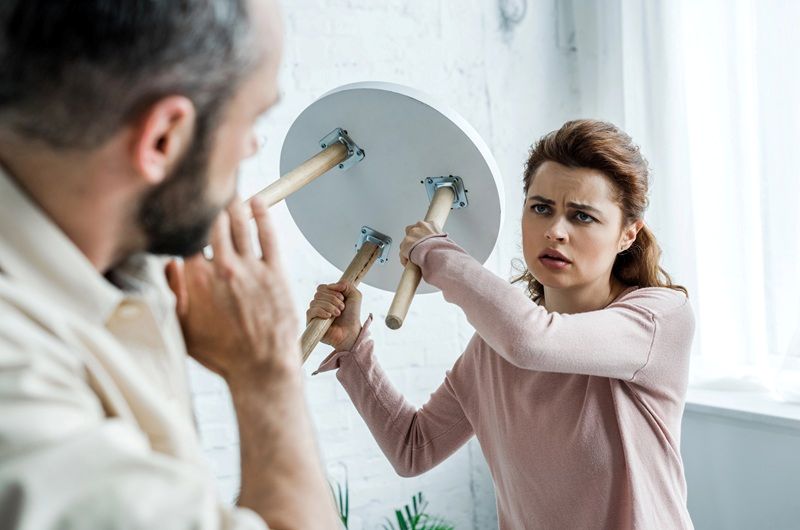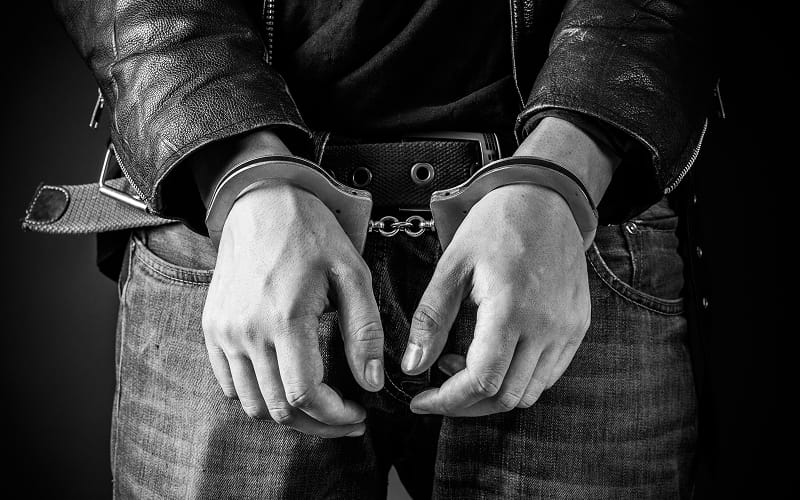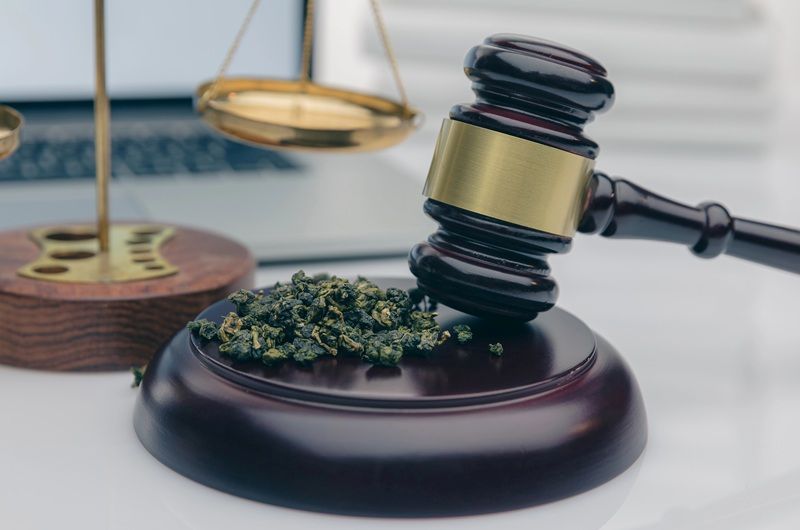A rape accusations can feel like standing at the edge of a cliff in the dark, unsure of what lies below. However, understanding the laws, potential penalties, and defense strategies can serve as the light that guides you away from the fall. Knowing your options and having the help of a Fairfax rape attorney can be the key to regaining balance and protecting your future.
This article breaks down Virginia’s rape laws, outlining the penalties that come with a conviction. It explores key strategies to challenge the charges against you and explains how a skilled attorney can build a strong case. You will also find answers to common legal questions clarifying your rights and options.
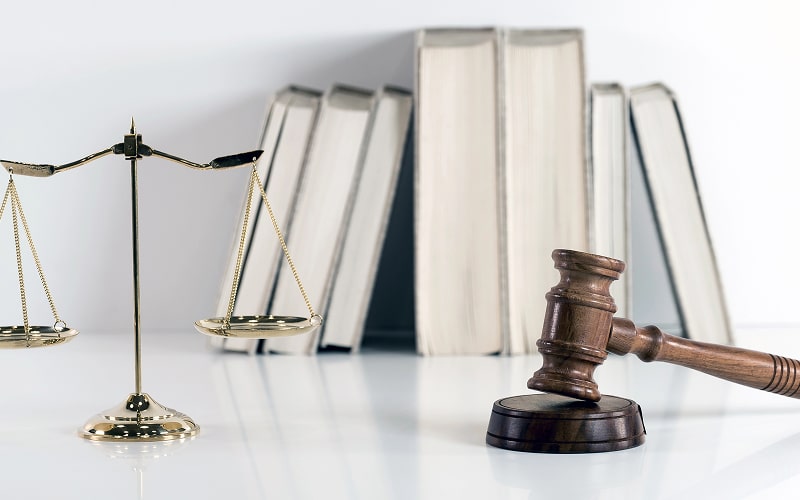
Overview Of Rape Under Virginia Law
Rape is a felony in Virginia, carrying severe legal consequences. Under Va. Code § 18.2-61, it occurs when you engage in sexual intercourse with a complaining witness under specific circumstances, including:
- Against the victim’s will, using force, threats, or intimidation.
- When the complaining witness is mentally incapacitated or physically helpless.
- When the victim is a child under 13 years old, regardless of consent.
For a conviction, the prosecution must be able to prove beyond a reasonable doubt that sexual intercourse happened. Aside from meeting the conditions above, the prosecution must also establish that you acted with criminal intent.
The charge carries severe punishments, with sentences ranging from five years to life in prison. Moreover, courts enforce harsher penalties when aggravating circumstances exist. For instance, if the victim is under 13 years old and the offender is more than three years older, the law mandates a minimum sentence of 25 years.
Aside from jail time, a conviction also requires lifetime sex offender registration, limiting employment, housing, and personal freedoms. These penalties highlight the need for a strong defense. Understanding your legal options can help you build a case challenging the prosecution and protecting your future.
Common Defense Strategies Against Accusations
Although the stakes are high, a rape accusation does not guarantee a conviction. The prosecution must prove guilt beyond a reasonable doubt, and a strong defense can challenge their case. Below are strategies that can expose inconsistencies in the accuser’s claims, question the credibility of the evidence, and protect your freedom.
Mistaken Identity
Eyewitness misidentifications occur more often than many realize. Stressful situations, poor lighting, and suggestive police questioning can distort memories. When an accuser identifies you based on a brief or unclear encounter, their reliability may be questionable.
You can present surveillance footage demonstrating you weren’t in the act, phone records, or alibi evidence to challenge the identification. Cross-examining witnesses and exposing flaws in police procedures can further weaken the charges against you.
False Accusations
Some rape allegations stem from personal motives rather than actual events. People may falsely accuse you due to anger, jealousy, or an attempt to gain an advantage in legal disputes, such as custody battles. These claims can arise from misunderstandings, pressure from others, or an effort to damage your reputation.
Identifying contradictions in the accuser’s statements and uncovering past conflicts challenge these accusations. To reveal motives or inconsistencies, your defense can examine digital records, such as messages or emails. Witness testimony can also provide insight into their credibility and prior behavior.
Lack Of Evidence
Prosecutors can build sex crime cases on testimony. However, their argument can be weakened without medical reports, DNA, or forensic evidence. Further, defense attorneys highlight gaps in their claims when a case lacks solid supporting evidence.
You can challenge the case and question whether credible evidence links the accused to the crime. They examine law enforcement procedures to uncover investigative errors or overlooked details. If officers mishandled evidence or failed to follow proper protocols, the defense can use these issues to dispute the charges.
Consensual Encounter
Accusers may sometimes claim they did not consent despite willingly participating. Regret, pressure from others, or miscommunication can lead to false allegations. These factors can influence how an event is later described, affecting the course of the case.
To demonstrate consent, your defense can use digital records, such as texts, social media messages, and call logs. Witnesses who observed interactions before or after the alleged incident can also provide valuable testimony. Establishing a consistent pattern of mutual engagement helps strengthen your case.
With all these strategies, the appropriate approach depends on the details of your case, the available evidence, and the accuser’s credibility. A skilled attorney can assess your situation, determine the proper defense, and protect your rights, helping build a strong case.
What A Defense Attorney Can Do For You
Experienced defense attorneys analyze case details to find weaknesses in the prosecution’s claims and develop a strong strategy. They assess evidence, protect your rights, and build a defense that challenges unreliable testimony or weak accusations. Their work extends beyond the courtroom and includes:
- Investigating the accusation – Reviewing police reports, medical records, and witness statements to uncover inconsistencies.
- Gathering supporting evidence – Collecting digital communications, surveillance footage, and forensic reports to challenge the prosecution.
- Preparing you for trial – Coaching you on courtroom demeanor and responses to prosecution tactics during cross-examinations.
- Negotiating plea agreements – Exploring the possibility of reduced charges or alternative sentencing when it serves your interests.
- Advising on your protections– Explaining your rights, legal options, and potential consequences to help you make informed decisions.
- Filing Appeals – Pursuing post-conviction relief if errors in the trial process led to an unjust outcome.
Aside from these roles, attorneys can also answer common questions surrounding rape charges. Legal guidance helps you understand your rights, possible defenses, and what to expect at each stage. These common scenarios can resonate with those facing similar accusations and clarify the legal nuances.
Frequently Asked Questions Surrounding Rape Charges
Facing a rape charge brings legal questions and concerns. Understanding your rights and the process can clarify these confusions and help you make informed choices. Below are common questions you may ask when dealing with these serious accusations.
Can You Be Arrested Without Physical Evidence?
Yes, law enforcement can arrest you based on an accusation if they have probable cause to believe a crime occurred. In a rape case, the prosecution can proceed based on testimony, indirect evidence, or investigative statements, even without forensic proof. However, a strong defense can challenge weak or circumstantial claims.
What To Do If Law Enforcement Contacts You For Questioning?
Do not speak with the police without an attorney, as anything you say can be used as evidence against you. Officers may attempt to collect statements that support the charges against you, even if you believe you are providing innocent explanations. Politely invoke your right to remain silent and request legal representation before answering questions.
Why Should You Avoid Contacting The Accuser?
Reaching out to the accuser can harm your case. Virginia Code § 18.2-460 considers attempts to influence, harass, or intimidate a witness as a criminal offense. Even if you intend to clear up a misunderstanding, prosecutors may argue that your actions were meant to interfere with the case.
Instead, let your attorney handle all communication. They can assess the accuser’s statements, address inconsistencies, and present your defense without risking additional consequences. Avoiding contact helps protect your rights and strengthens your case.
A qualified defense firm understands these scenarios and can address other related questions. They can clarify legal procedures, explain potential defense strategies, and help you make informed decisions about your case. With their support, you can protect your freedom, challenge the prosecution, and work toward a more favorable outcome.
Fairfax County Criminal Attorneys Safeguards Your Future
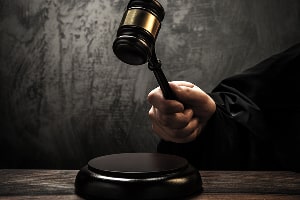
At Fairfax County Criminal Attorneys, we understand how a rape accusation can affect your life, reputation, and future. A conviction leads to severe penalties, but even an allegation alone can bring lasting consequences. Our team carefully analyzes the evidence, challenges weak claims, and ensures that your rights remain protected throughout the legal process.
We take a strategic approach to every case by identifying flaws in the prosecution’s arguments and exposing unreliable testimony. Our attorneys file motions to suppress unlawfully obtained evidence and present facts that support your defense.
We collaborate with forensic professionals to build a strong defense. Examining digital communications, reviewing forensic reports, and questioning law enforcement procedures help uncover evidence that strengthens your case.
If you are facing rape charges, seeking legal representation immediately is critical. We are prepared to defend your rights, guide you through the legal process, and help you take control of your case. Contact us today to start building your defense.
Rape is a serious charge in Virginia, carrying penalties ranging from five years to life in prison. A conviction requires proof beyond a reasonable doubt that sexual intercourse occurred under force, coercion, or incapacitation. However, defense strategies are available, including mistaken identity, false accusations, lack of evidence, and proving a consensual encounter.
Attorneys build strong defenses by gathering evidence and deeply understanding your case. Fairfax County Criminal Attorneys provides legal guidance, challenges weak prosecutions, and protects clients’ rights. If you face charges, seeking experienced legal representation helps defend your future.


